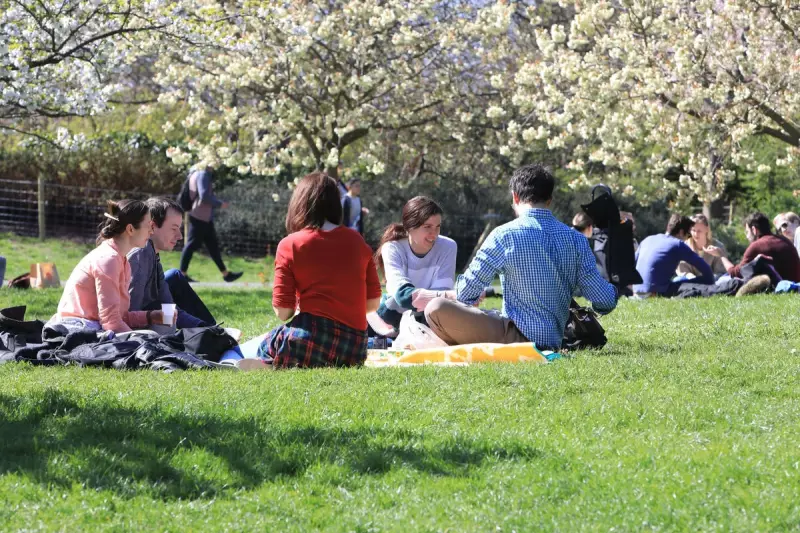
The familiar buzz of summer is taking a sinister turn across the UK. Entomologists and pest controllers are issuing stark warnings: climate change is fuelling a population explosion of larger, more aggressive, and incredibly hungry wasps.
This isn't just a minor nuisance. The sequence of heatwaves and mild winters, hallmarks of our changing climate, has created the perfect breeding conditions for these striped pests. The result is a surge in wasp numbers and a significant extension of their season, meaning they are active and a threat for more months of the year.
Why the Heat is Creating a Wasp Army
The science behind the surge is clear. Mild winters allow more queen wasps to survive hibernation. When followed by a warm, dry spring and early summer—ideal conditions for nest-building—each of those queens can found a larger, more successful colony.
"The queens come out of hibernation stronger, they start their nests earlier, and the colonies develop faster and bigger," explains a leading entomologist. "We're not just seeing more wasps; we're seeing more robust wasps."
From Nuisance to Nasty Sting
This population boom has direct consequences for public health and leisure.
- Increased Aggression: Later in the season, as their natural food sources decline, wasps become desperate for sugar. This drives them towards our picnics, pub gardens, and sugary drinks, making them more persistent and likely to sting.
- More Painful Stings: Larger colonies mean more worker wasps, which directly translates to a higher probability of being stung.
- Dangerous Nests: Larger colonies also build bigger nests, often in high-traffic areas like sheds, roof eaves, and playground equipment, increasing the risk of disturbing them.
A New Seasonal Reality
This phenomenon is no longer a one-off event but is becoming a predictable pattern linked to warmer temperatures. The article serves as a sobering reminder that the impacts of climate change are not always on a global scale; they are playing out in our own back gardens, parks, and pubs.
Experts advise the public to be more vigilant than ever: cover food and drinks outdoors, avoid swatting at wasps, and seek professional help for removing nests rather than attempting it themselves. This summer, the humble wasp has been upgraded from a minor annoyance to a genuine seasonal hazard.





